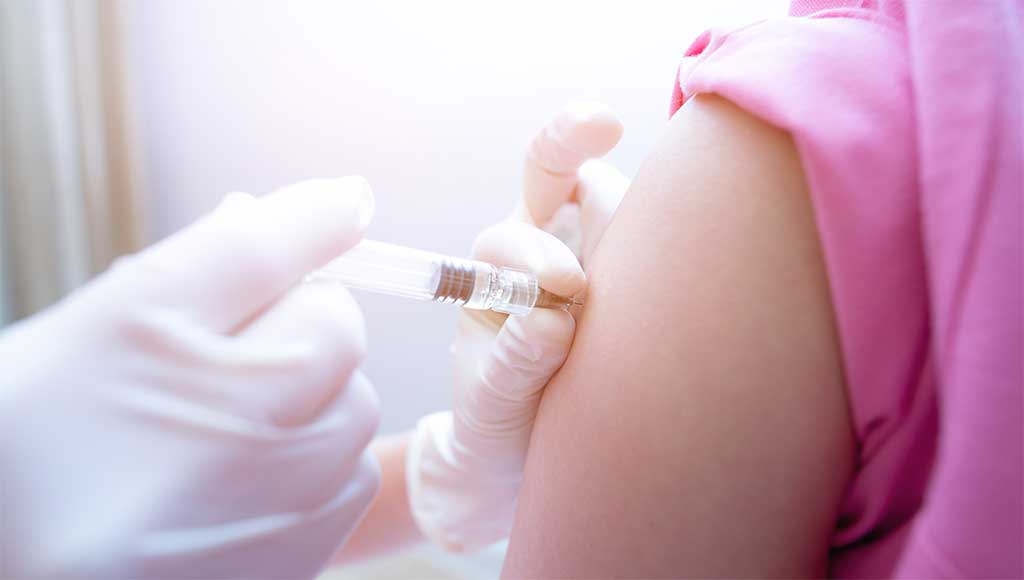
The National Immunisation Program (NIP) has updated the vaccination schedule for human papilloma virus (HPV). A single dose of Gardasil® 9 is now recommended for the routine vaccination of young people, with the free catch-up program extended to people under 26 years of age.
This update is supported by the Australian Technical Advisory Group on Immunisation (ATAGI) and the World Health Organization (WHO). Studies, including randomised controlled clinical trials and systematic reviews, indicate that a single dose of HPV vaccine provides similar protection to multidose regimens against initial and persistent infection.
As HPV is responsible for over 95% of cervical cancers, ensuring high vaccination rates is vital. Australia’s vaccination coverage and leading screening and treatment programs have put Australia on track to be the first country to achieve the WHO’s definition of cervical cancer elimination as a public health problem.
Table 1 shows the current HPV vaccine dosing recommendations for different patient populations.
Table 1. Dosing recommendations for HPV vaccines (adapted from Australian Immunisation Handbook)
| Population | Recommended doses | Recommended schedule |
| Starting HPV vaccination at 9–25 years of age (except people who are immunocompromised) | 1 | Single dose |
| Starting HPV vaccination at ≥26 years of age | 3 | 0, 2, 6 months |
| People who are immunocompromised at any age (excluding those with asplenia or hyposplenia) | 3 | 0, 2, 6 months |
References:
- Barnabas RV, Brown ER, Onono MA, Bukusi EA, Njoroge B, Winer RL, et al. Efficacy of single-dose HPV vaccination among young African women. NEJM Evid. 2022; 1(5): EVIDoa2100056.
- Henschke N, Bergman H, Buckley B, Cogo E, Petkovic J, Probyn K, et al. Efficacy, effectiveness and immunogenicity of one dose of HPV vaccine compared with no vaccination, two doses, or three doses. Cochrane Response
- NHMRC Centre of Research Excellence in Cervical Cancer Control. 2021 Cervical Cancer Elimination Progress Report: Australia’s progress towards the elimination of cervical cancer as a public health problem. Melbourne: 2021.
Subscribe Knowledge Centre Updates
Enter your details to receive Knowledge Centre updates
